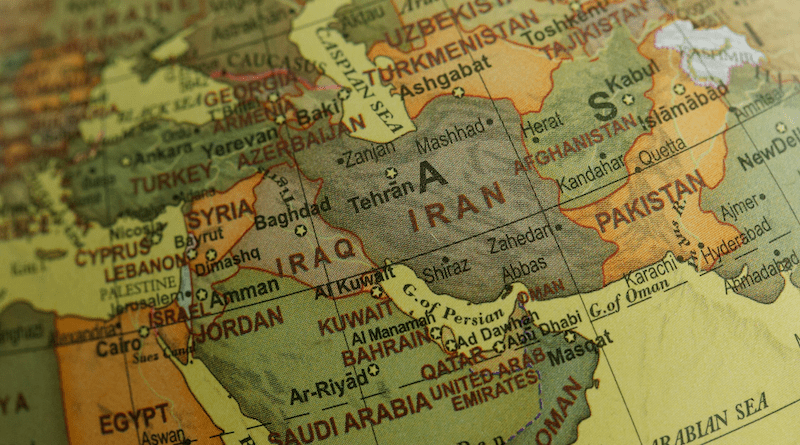Corridor Wars And The IMEC – OpEd
By Dr. Mumtaz Ali Baloch and Naseeb Ullah Achakzai
A geopolitical and geoeconomic competition among big countries is continued. They are trying to penetrate world market through soft power measures. On one side, corridor wars are increasing rivalry among states particularly between America and China to encounter eachothers through their respectd allies while at the same time, this competition is also enhancing regional and international interdependence among states. In this scenario, such competition should be seen as a ray of hope for poor countries who are short of technologies and are not capable of utilizing their respective resources and strategic importance owing to a dearth of investment and paucity of capital in their countries.
A memorandum of India-Middle East Europe Economic Corridor (IMEC) was signed among India, Saudi Arabia, the UK, America, France, the UAE, Germany, Italy, and the EU during the G-20 meeting held in India in September 9-10 which aims to boost trade, digital connectivity, and energy among the signatory countries. This huge geoeconomic and geopolitical project will connect Indo-Pacific region to the Middle East and Europe.
This project will start from Mumbai, will reach to Dubai via Sea route and will further extend to Haifa port city of Israel from where it will reach to a Greece port Piraeus. From Haifa, products will be transported to Europe by land route. It has estimated that via this network the trade route between India to Europe will be shortened by about 40 percent.
During the signature ceremony, the mighty members of G-20 China, Russia, and Turkiye were not present and abstained owing to their exclusion from the project. Last year, America led alliance had also initiated a 40 trillion project of the B3W. Though this project is still in doldrum, yet it has been seen in the prism of encountering Chinese initiative of the BRI.
The BRI corridor is one of the gigantic corridors among the others that crosses through Central Asia, Europe, the Middle East, and Africa which goes through 150 states where two third population of the world live in. In addition, the BRI is a Rail network, has land route, Seaways, and has 6 main routes of which the CPEC is a part. It has 2600 projects with an estimated cost of 100 billion USD which will estimatedly reach to 1.3 trillion USD by 2027.
The International North-South Corridor is another corridor which was signed in 2000 among India, Iran, and Russia. Later on, Turkey, Azerbaijan, and 8 more states joined it. Another corridor is Iraq- Turkey corridor which will connect Busra to Turkey border. It has an estimated cost of 17 billion USD where 1200 km Rail and parallel road network will be constructed.
The current war of corridors is though a major source of rivalry between America, Russia, and China- but at the same time, it will help in boost the economic situation of poor countries. It will further enhance international and regional interdependence. For instance, many states at the same time are members of the BRI, and the IMEC. Moreover, both China and America are trying to enhance economic relations with the Middle Eastern countries, with European Union, with Africa, and even with India. It should be expected that in the rivalry between America and China, the rest of countries will benefit and the people living there could witness economic upheaval. Hence, the ongoing war of corridors of geopolitical and geoeconomic competition should be seen as a blessing in disguise.


Why call them Wars? If these corridors are successful, it will be a big economic changer for the CARs, West Asian and EU countries given the advantages. Wonder the related issues regarding double handling, infrastructure required, time factor involved in transfer of cargo to rail / merchant ships/road transport or vice a versa repeatedly of these visionary trade corridors. However, more the corridors the better it would be to facilitate trade providing alternative choice of transportation for the nations. Win Win situation for all and providing employment to the populace through whose areas these corridors will pass through.